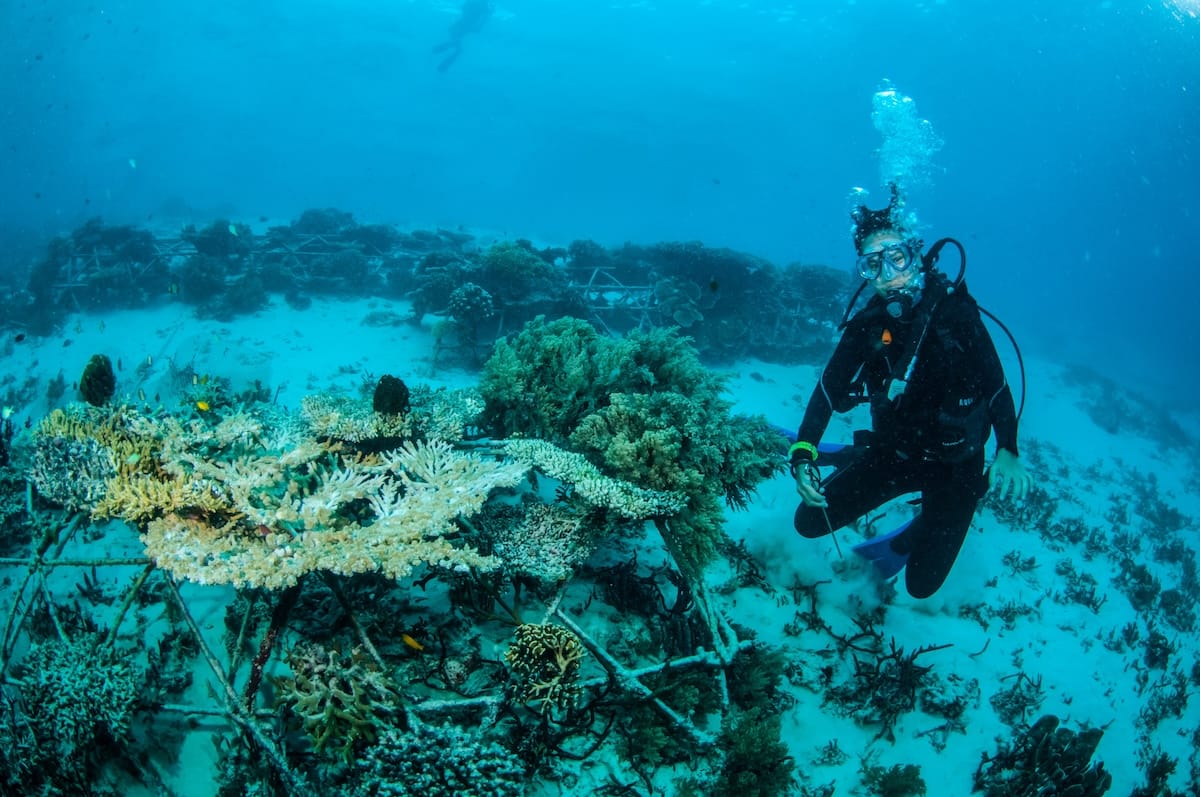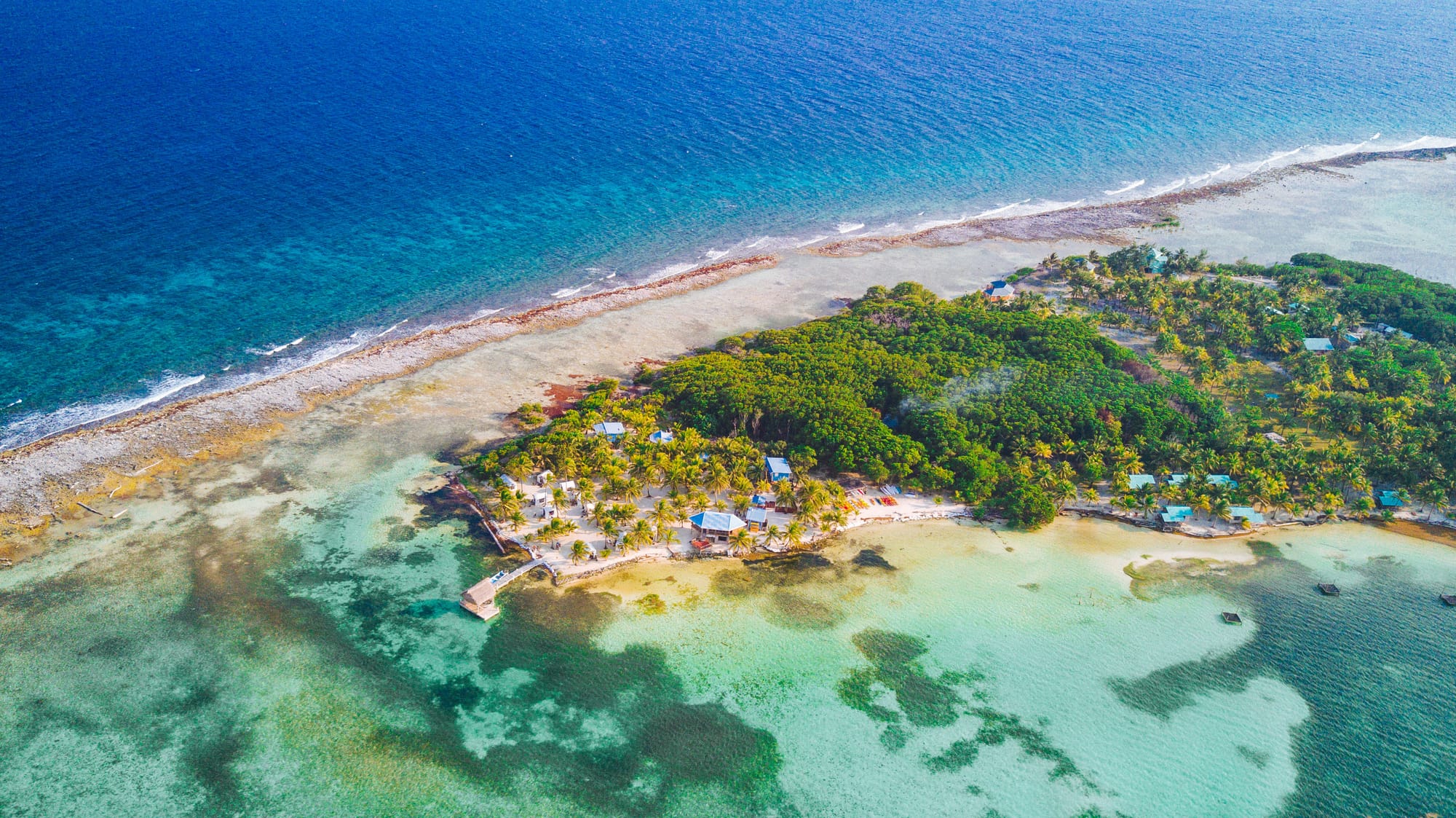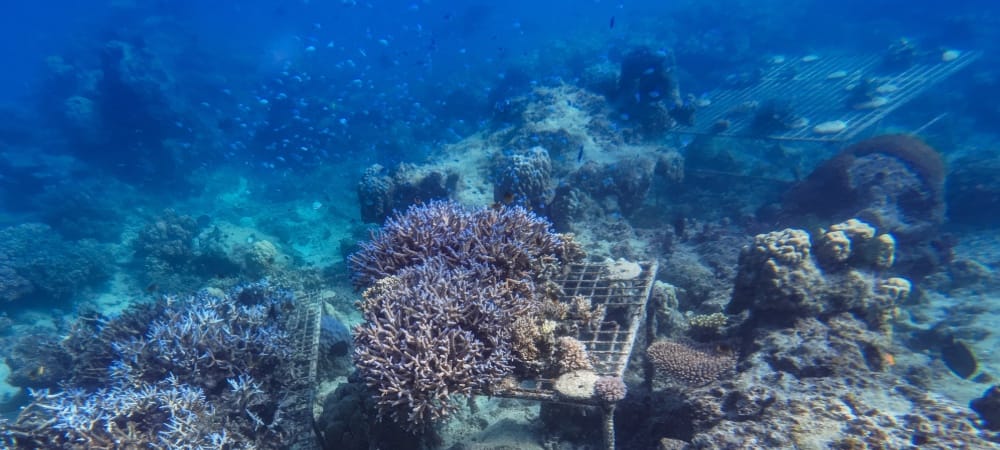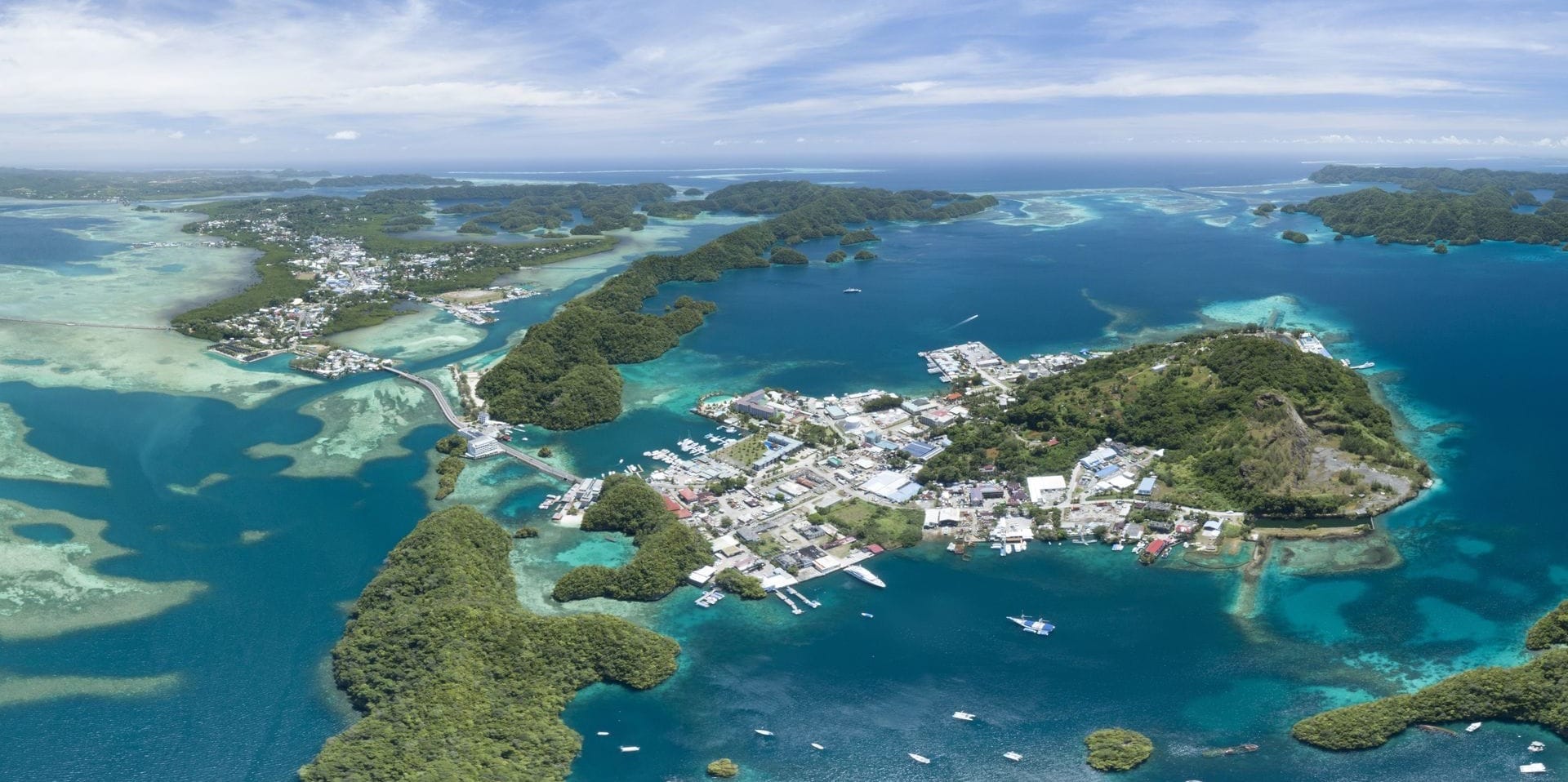We are all familiar with images of bleached coral reefs – these ghosts of once thriving habitats serve as a devastating example of the effects of climate change. Restoration efforts are one important response.
Authors: Dr Philip James & Dr Emma Lockerbie
More than half of the world’s reefs have already been lost since the 1950s because of rising temperatures, increasingly severe storms, and activities such as overfishing, pollution and unsustainable development. With the loss of coral reefs comes the loss of thousands of marine species, as well as coastal protection, food security and livelihoods. Efforts to restore marine ecosystems are at the centre of our ability to meet SDG 14 (Life Underwater), as well as others such as SDG 13 (Climate Action).
GOAP has partnered with UN Environment Programme World Conservation Monitoring Centre (UNEP-WCMC) to develop a practitioners guide to using ocean accounting for marine restoration projects
Read the guide
There are efforts being made around the world to restore these vital ecosystems. In Indonesia, which holds the largest global share of reefs, promising steps have been made in developing an extensive and effective range of coral restoration programmes.
One of the main strengths of these restoration initiatives is their solid grounding in local knowledge and lived experience. Indonesia is also a global leader in implementing ocean accounts – a way of bringing together different kinds of ocean data in one place to inform policy and project decisions.
What are ocean accounts?
Ocean accounts are a standardised way of organising key data on the social, economic and environmental aspects of marine ecosystems. They provide a common framework for organising this information and tracking changes over time, helping governments and other stakeholders make better decisions.
By combining diverse data sources into one system, ocean accounts help decision makers see the full picture of the marine ecosystem, supporting better planning and more informed choices. This makes it easier to understand progress toward specific project goals, as well as wider regional and global commitments. The data that ocean accounts cover can be quantitative – such as the number of species or the size of a habitat – or qualitative – such as the cultural value of marine areas.
Ocean accounts are designed to integrate multiple forms of value, including physical, ecological, social and cultural, on equal footing. Not all benefits can or should be translated into monetary terms – for example, cultural identity, traditional knowledge or spiritual connection to marine environments. Recognizing these values alongside economic ones is essential for a more rounded and inclusive understanding of ocean systems.
Ocean accounts are built to be flexible and modular, allowing them to be adapted to different needs and situations. Project developers, policymakers and other stakeholders can choose which specific aspects of the ocean they want to measure based on their requirements – whether its habitats, species or benefits to people. But because there are so many possible areas to cover, it can be hard to know where to start.
To help with this, The Global Ocean Accounts Partnership (GOAP) brings together governments, international organizations and research institutions to offer guidance and technical support, and build a global community of practice for ocean accounting. UNEP-WCMC has been working with the GOAP to develop an introductory guide to ocean accounting, tailored specifically for restoration practitioners. The guide explains the key categories within ocean accounts and explores how these can be applied to different types of projects.
Ocean accounts draw on both historical and real-time data to offer a holistic and comprehensive perspective of marine ecosystems. The structured framework allows project planners to assess benefits and trade-offs, and they also have an important part to play in informing decision-making for sustainable ocean finance.
Maria Alarcon Blazquez, Research Associate, Global Ocean Accounts Partnership

How can ocean accounts support marine restoration objectives in SDG 14?
Ocean accounts can bring a wide range of benefits to marine restoration projects:
- They enable more effective decision-making by providing standardized, transparent and integrated data. This allows practitioners to set clear baselines, monitor progress over time and adapt their actions based on changing conditions. By capturing a wide range of values, ocean accounts help demonstrate the full benefits of restoration efforts. Crucially, they also enable alignment with broader sustainability goals, including those outlined in the Kunming-Montreal Global Biodiversity Framework, bridging local actions and global targets.
- They help with project planning by turning data into clear guidance. Ocean accounts support smarter decisions about where to restore and how to design interventions for maximum impact. They also enable adaptive management, allowing strategies to evolve with changing conditions. This has been a key factor in the success of Indonesia’s coral restoration programmes.
- They support collaboration by creating a shared foundation of knowledge. A centralized, accessible store of data helps different groups, from local communities to policymakers and international businesses, speak the same language. This makes it easier to build trust, share knowledge and work together toward common goals.
- They help make the case for action. By clearly showing trends and outcomes, ocean accounts provide the evidence needed to support policy and funding decisions. Including economic valuation, where appropriate, can help communicate the value of ecosystems to non-technical audiences, making it easier to build support for restoration efforts.
Ocean accounts can be an invaluable resource for restoration projects, but they are currently under-utilized in the restoration context. We hope that consulting this introduction to accounts will give practitioners the confidence to start incorporating ocean accounting into their planning and implementation, and look forward to seeing them applied to real-world contexts at greater scale.
Dr Emma Lockerbie, Programme Officer, UNEP-WCMC
Ocean accounting is a growing field with enormous potential, particularly for restoration efforts. While it is already being applied in many areas, new types of accounts are continuing to emerge, offering fresh possibilities for how we understand and support marine restoration. For example, social accounts explore the cultural, social and equity dimensions of human-ocean relationships, while risk accounts track environmental and human-made threats and assess ecosystem resilience. As the world moves toward more inclusive and forward-looking approaches to marine restoration, these new types of accounts are likely to play an increasingly important role in helping us protect ocean ecosystems, for the benefit of both people and the planet.
Ocean-Accounting-for-Marine-Ecosystem-Restoration-2508
The UN Environment Programme World Conservation Monitoring Centre (UNEP-WCMC) is a global Centre of excellence on biodiversity. The Centre operates as a collaboration between the UN Environment Programme and the UK-registered charity WCMC. Together we are confronting the global crisis facing nature.





